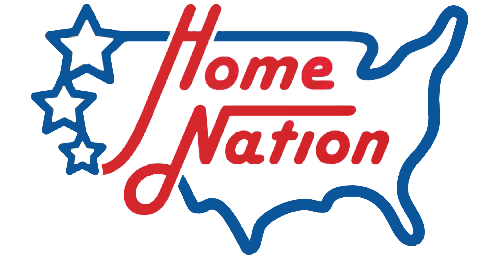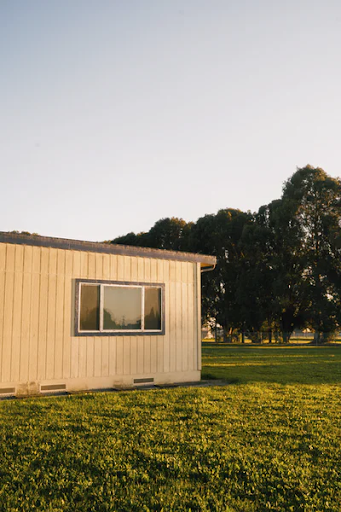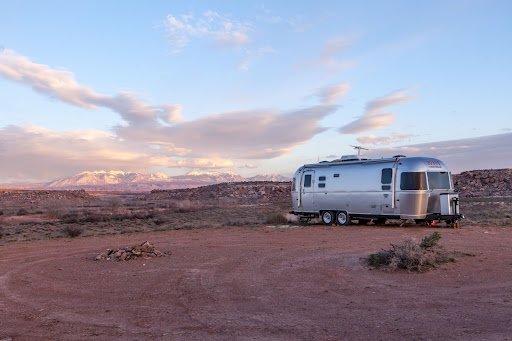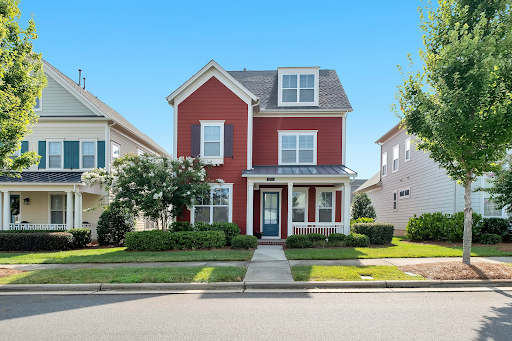Over the years we have seen many customers exhaust all of their funds to purchase new homes. Then the time to move comes and they end up having to borrow money to move from relatives or credit cards. I’ve also heard months later that other expenses ended up going up more than the customer planned and that ended up straining their already fragile budget. Most times these costs are not one big thing but a series of small expenses that collectively add up to much larger ones. Here are some thoughts to keep in mind when planning your home purchase. Hopefully they will help you manage your new home’s expenses.
Our simplest advice to first time buyers is: If you can’t afford it now, buying a house will not make it better. I’ve talked to countless prospective homeowners that are renting for some set amount. When pressed on their ability to save money they have some figure that they can afford. Then they go out and buy a home with a payment far greater than their current rent and savings ability. The next thing they know they are way over their heads and no able to enjoy their new home because they bought too much. In your planning process here are some hints that may help out:
Be sure to know if your house payment will be changing in the future. You may have a fixed rate loan but your taxes and insurance can change from year to year. If you are working with a reputable team of Realtors, lenders, and insurance agents, they should be able to let you know of any anticipated increases. This is particularly acute on new construction homes, fixer-uppers, or under assessed homes. You may not see the payment increases for a couple years but they can be significant.
- Call you insurance agent before you buy. Not only should you inquire about homeowner’s insurance for your house but you may want to see how much your car or other insurance will change if you move to a new city. Many insurers use your ZIP code to calculate premiums on these insurances. You may not see the change until the renewal date and you may be surprised.
- Don’t underestimate the costs to move – Make a list of expenses and needs that you will incur during your move and when you first move into your home. If you are moving yourself, determine the cost for boxes, packing materials, truck rental, and expenses for your moving crew. If using a moving company, check out the costs in advance.
- Depending on your current living arrangements you may rack up a lot of expenses the first few months you live in your new home. Make an inventory of those items that you will need to get through daily life in your new home. You may even want to ask a friend or relative to help you with this list. Go room to room and task to task in your process. Don’t forget the outside. Grass needs to be cut, lawns watered, snow shoveled, and walkways swept. On the inside even the mundane tasks like cleaning, trash, cooking, etc. need to be done. You may need supplies to do those jobs.
- Make a list of any repairs that you will need to make to the home during the first few months of owning the home. Review your home inspection and itemize and price out any areas that your inspector recommended. Remember, if you are coming out of a rental, that there is no longer a landlord to pick up the cost for needed repairs. These costs are all yours.
Again, it's important to make sure you have enough funds to cover unexpected circumstances. Too many times we've had buyers completely max out their budget, only to miss their loan payments as soon as anything comes up. Plan for the unexpected!










